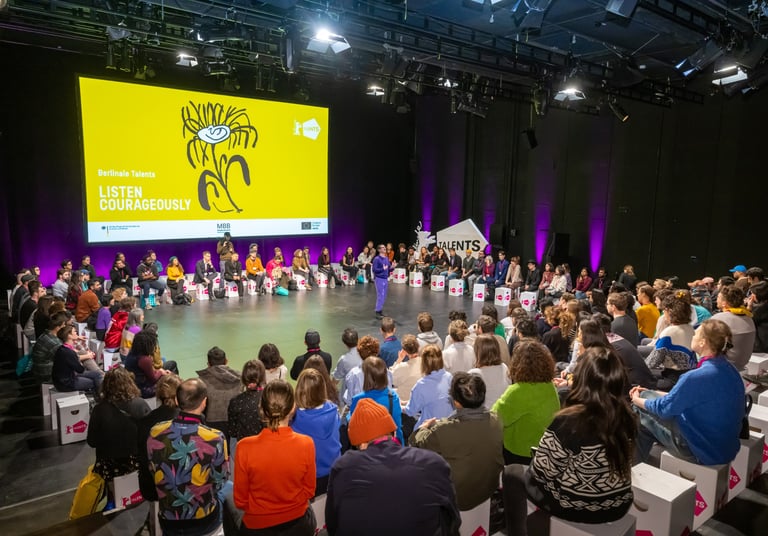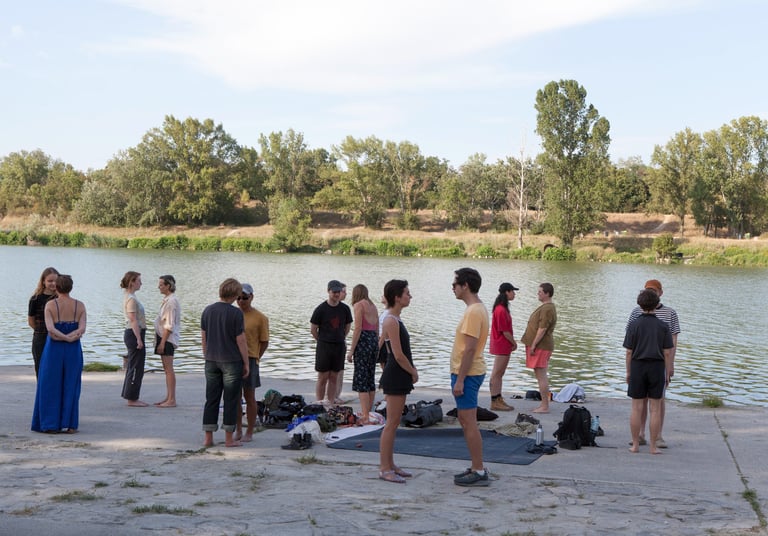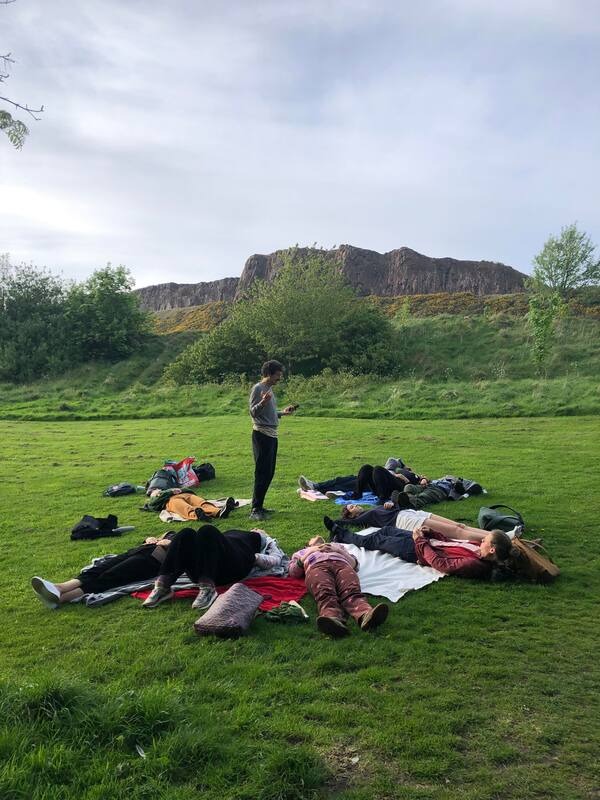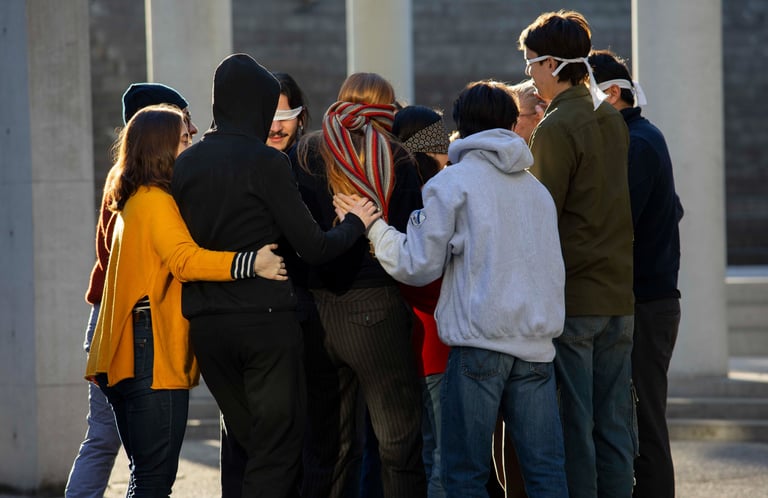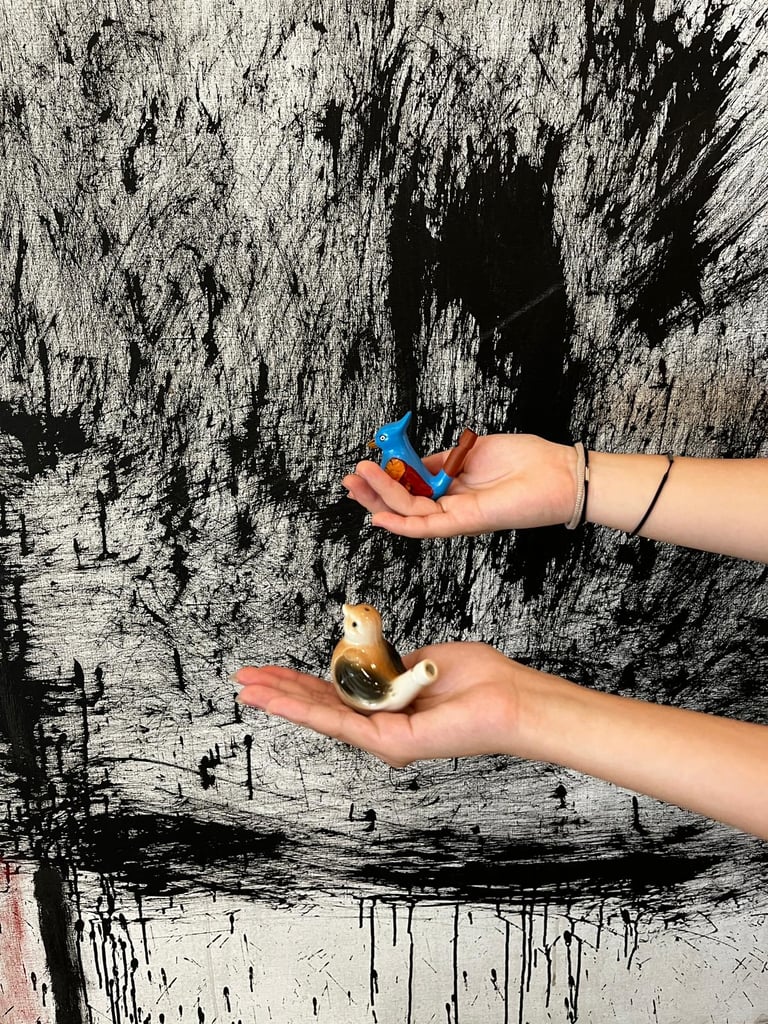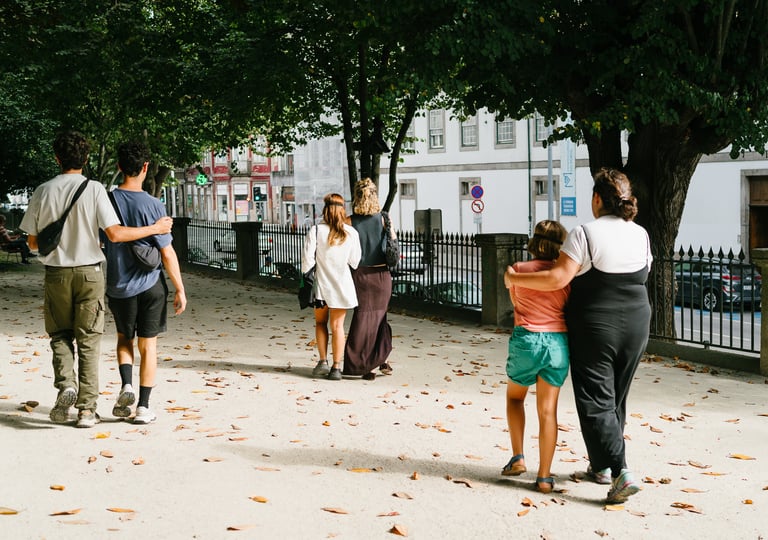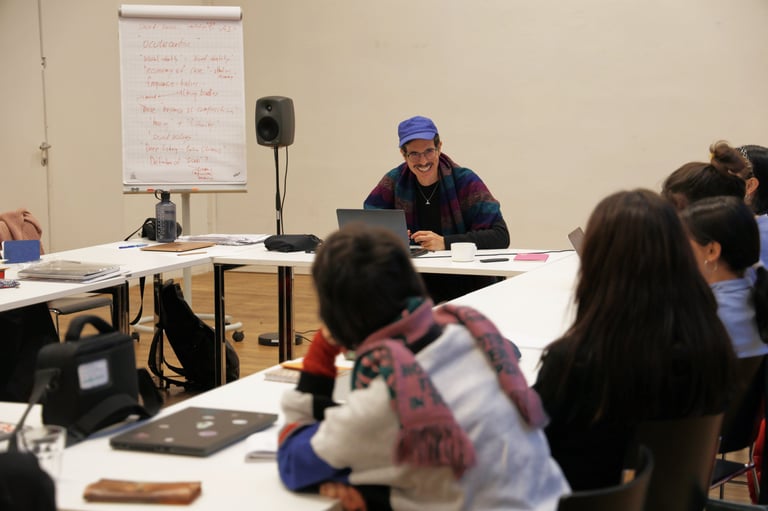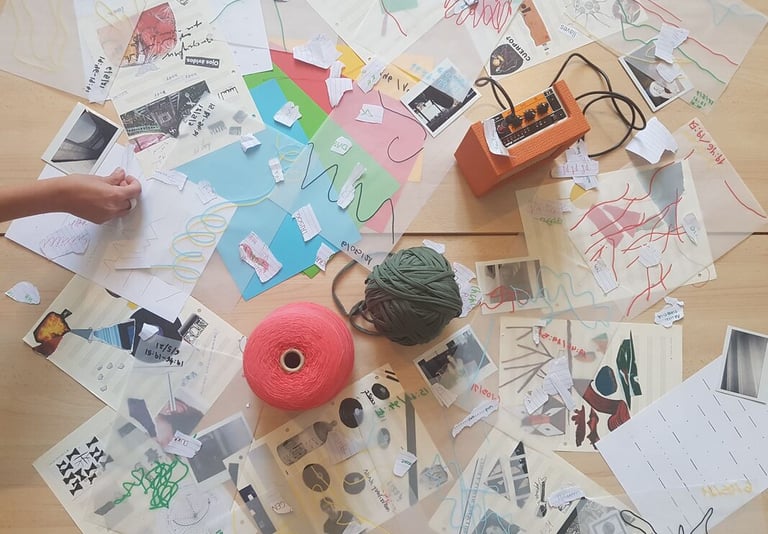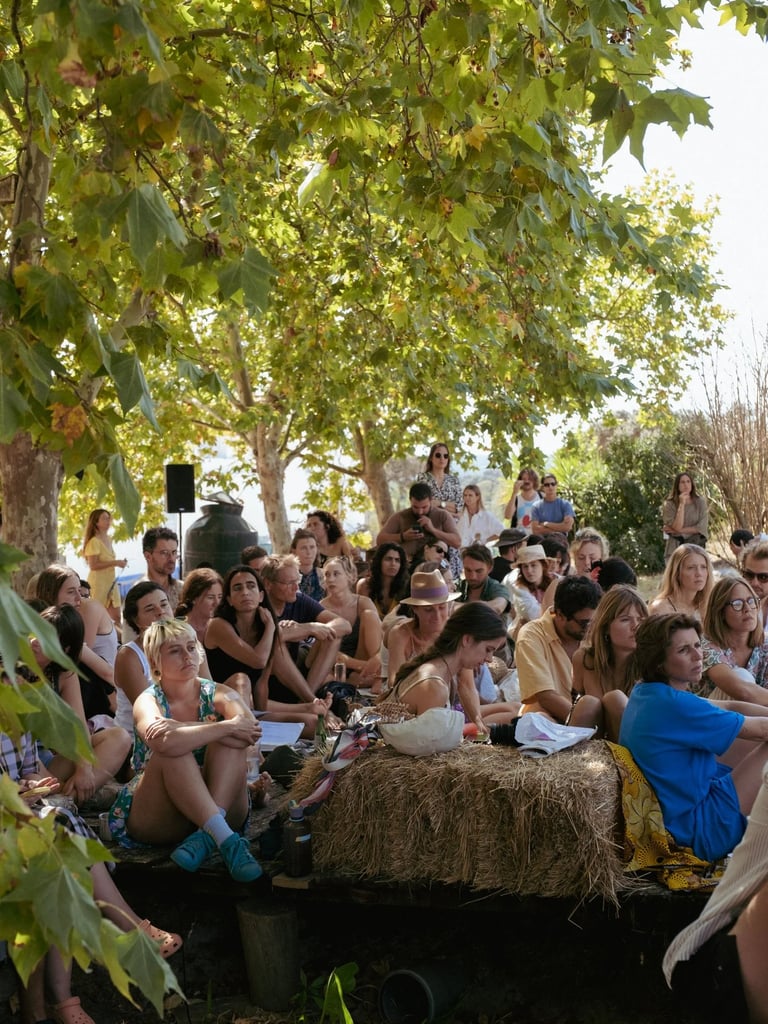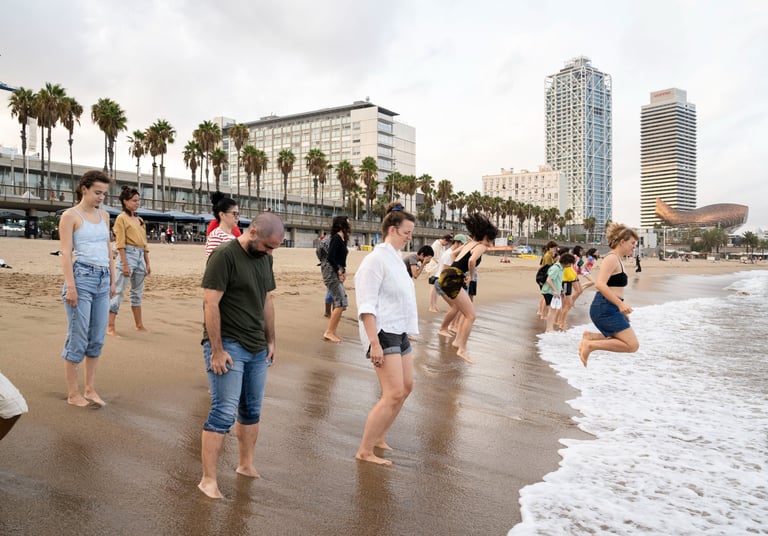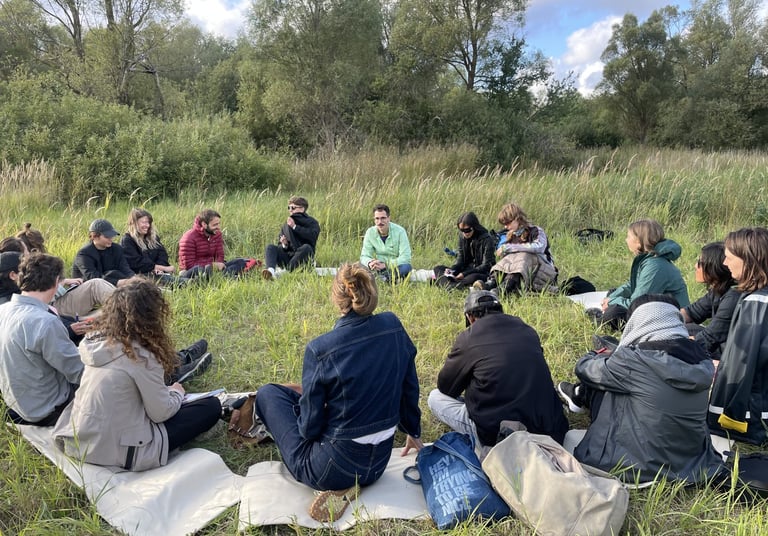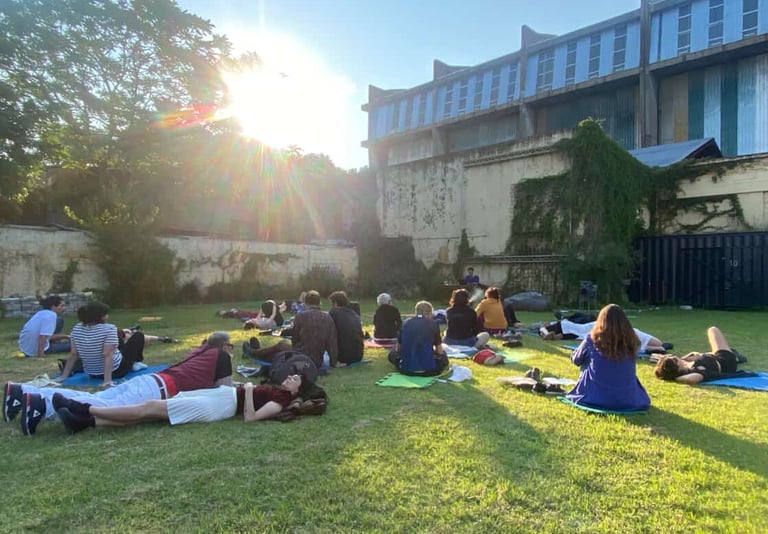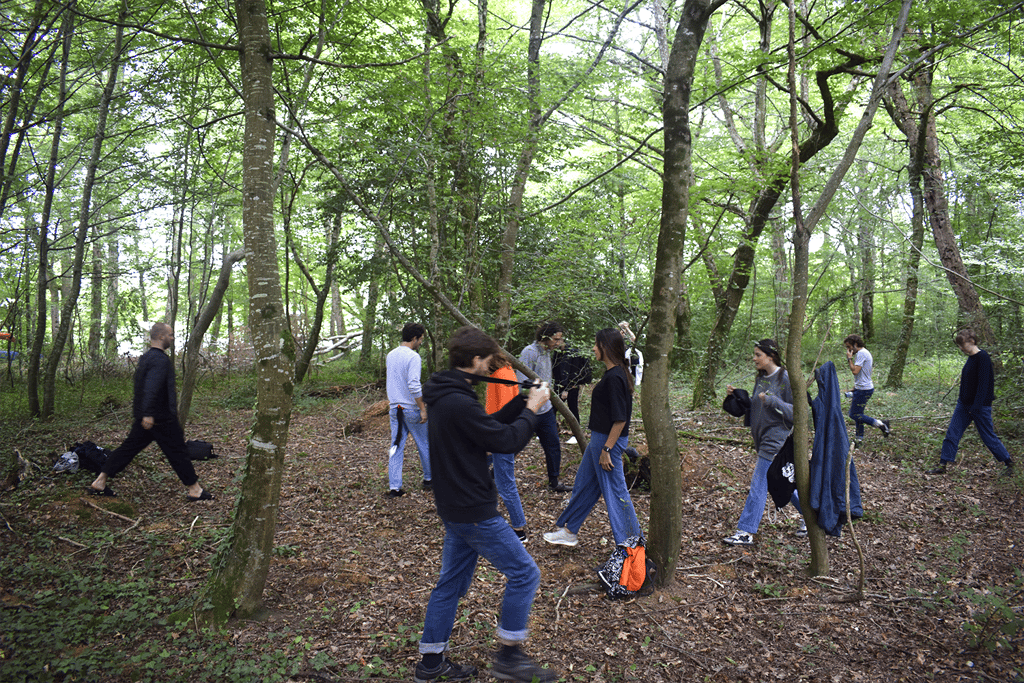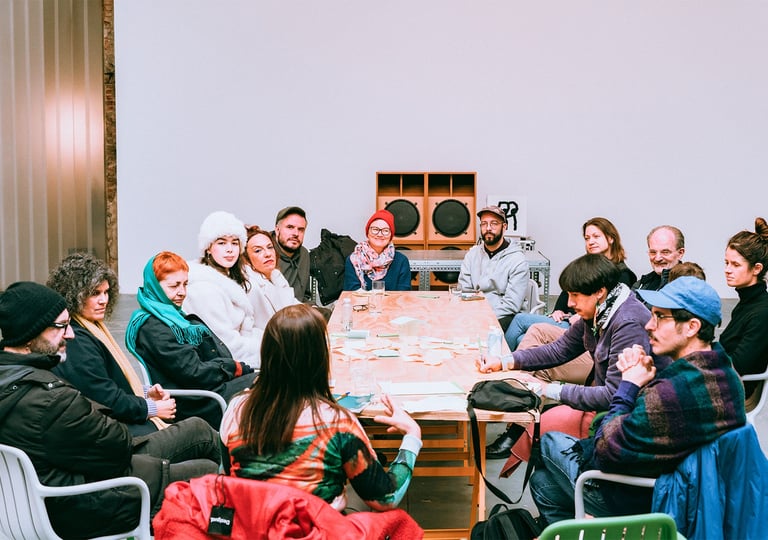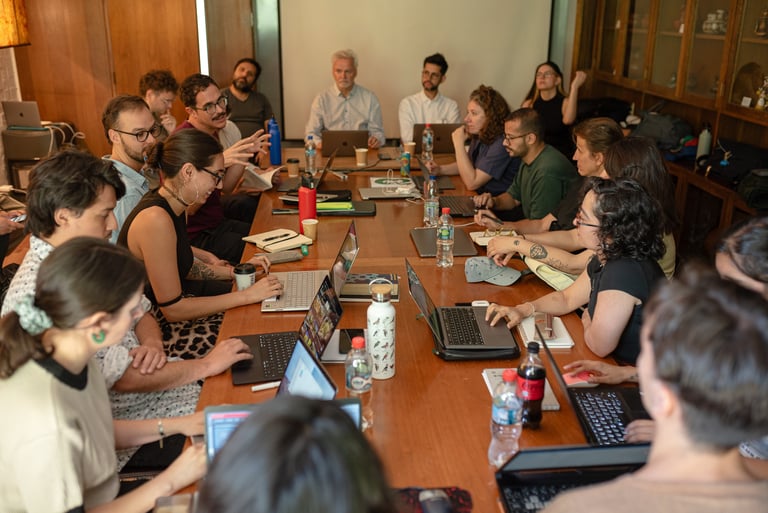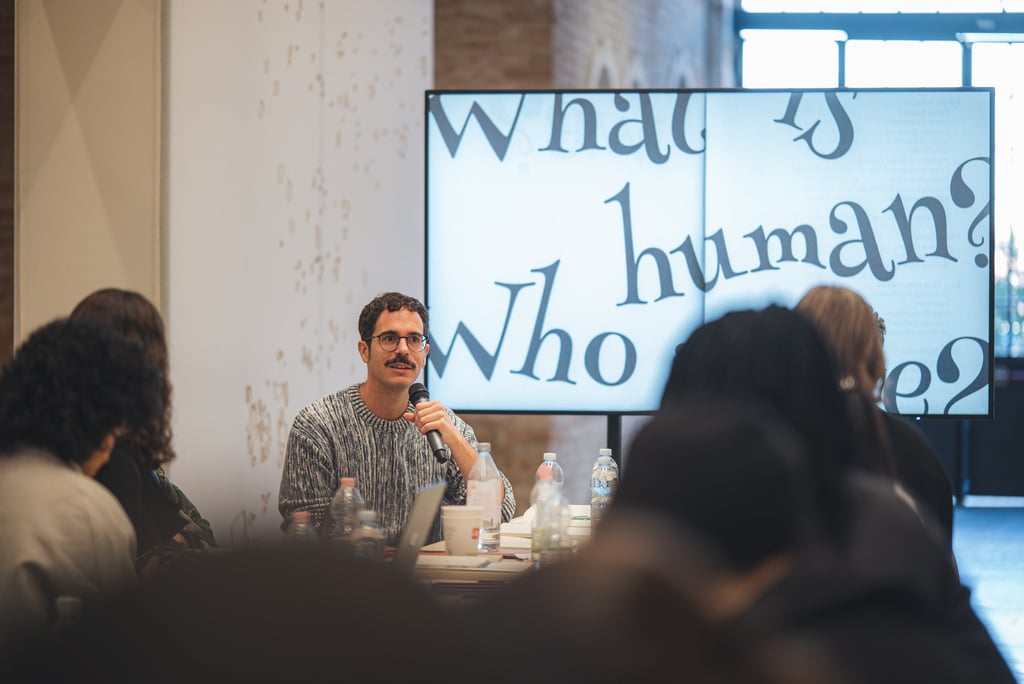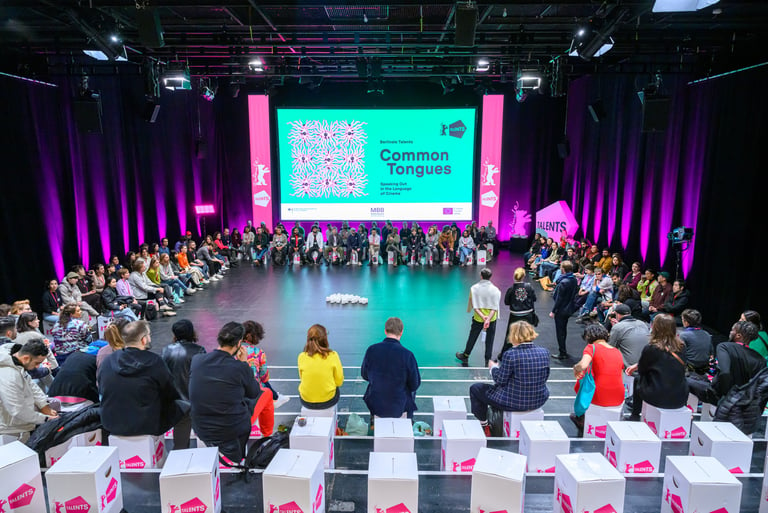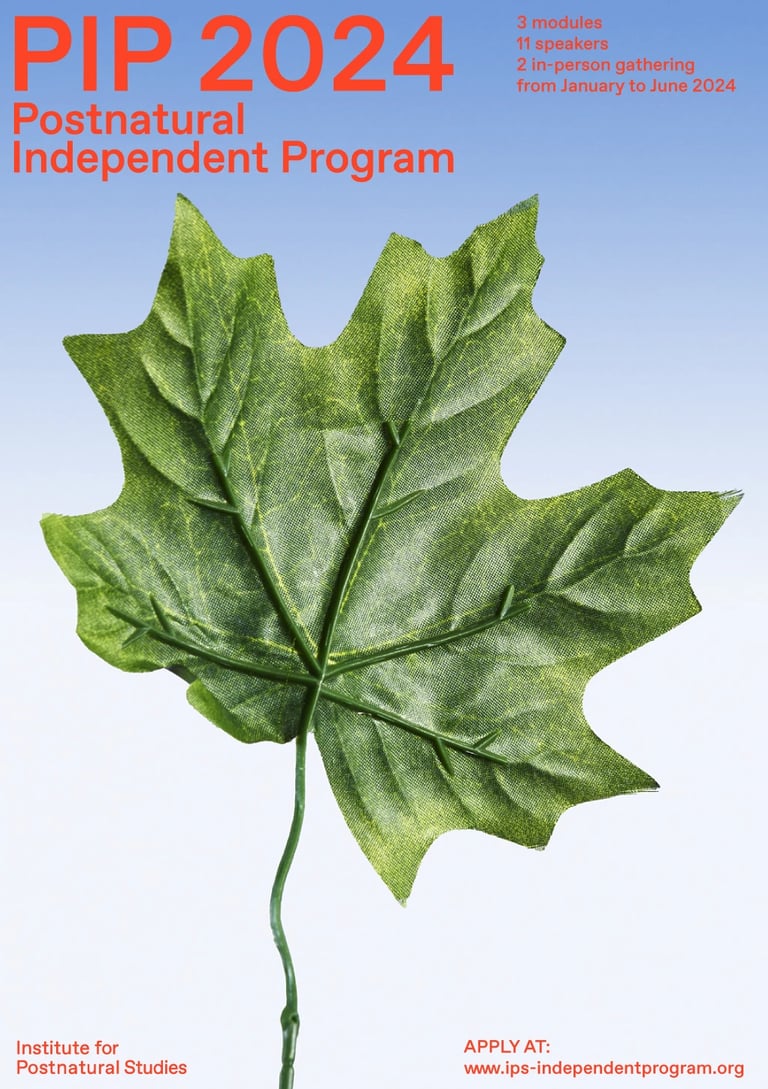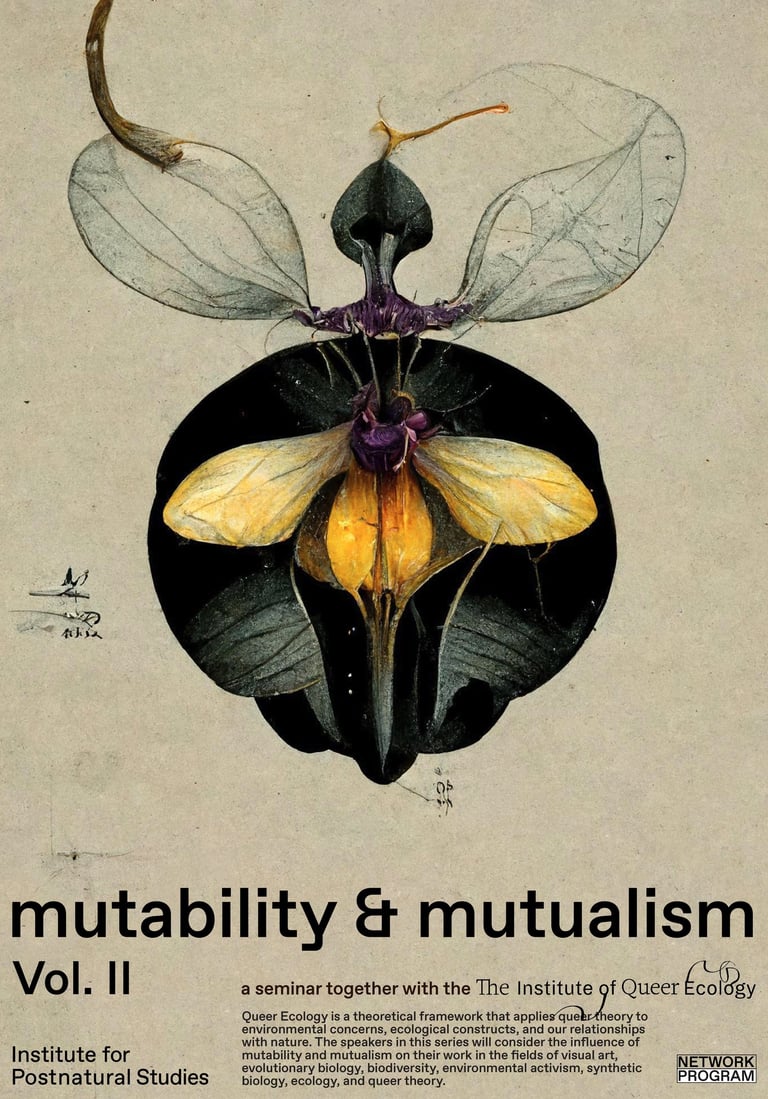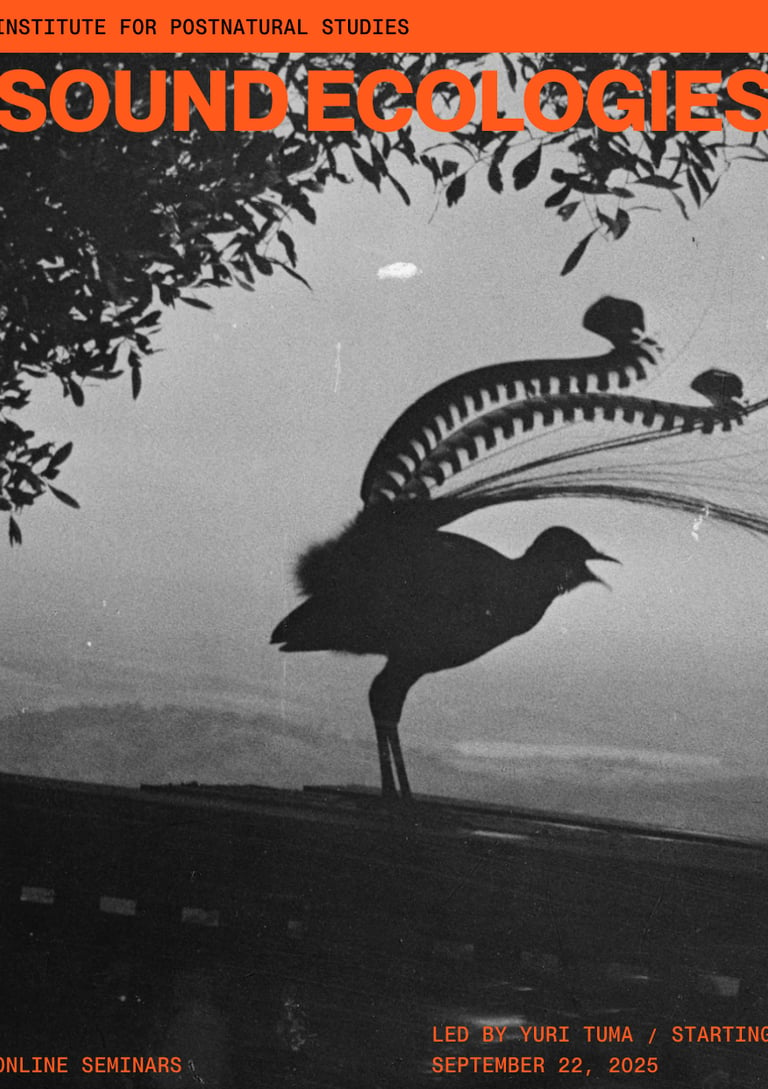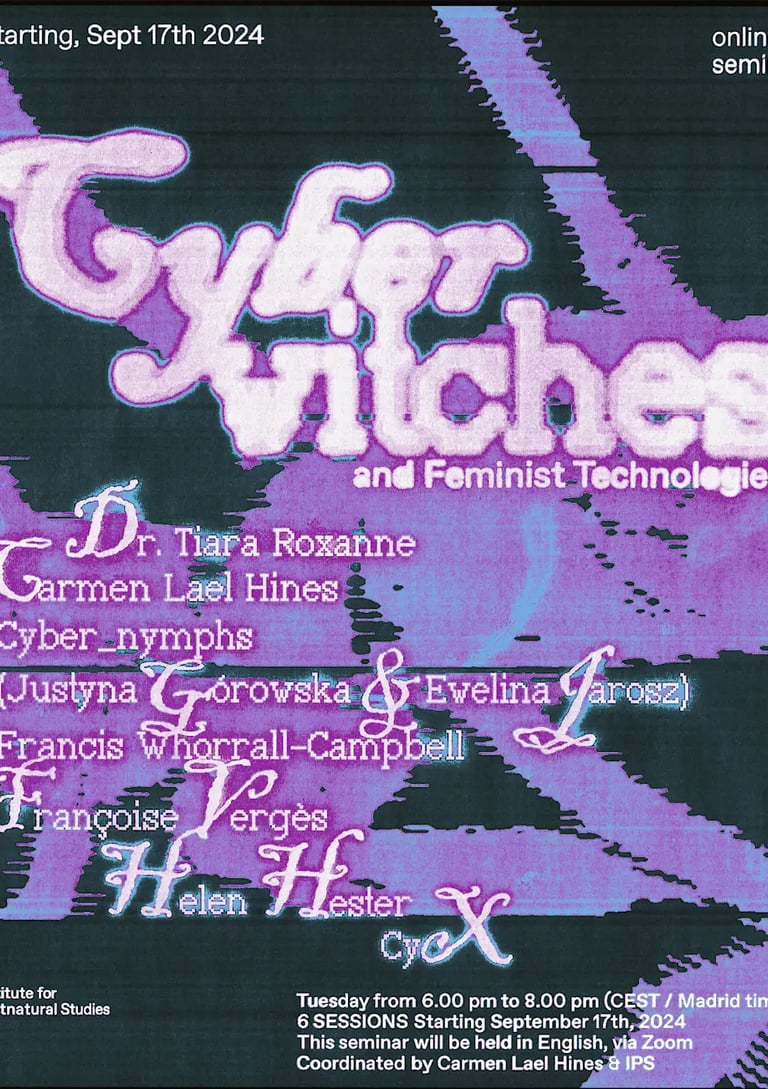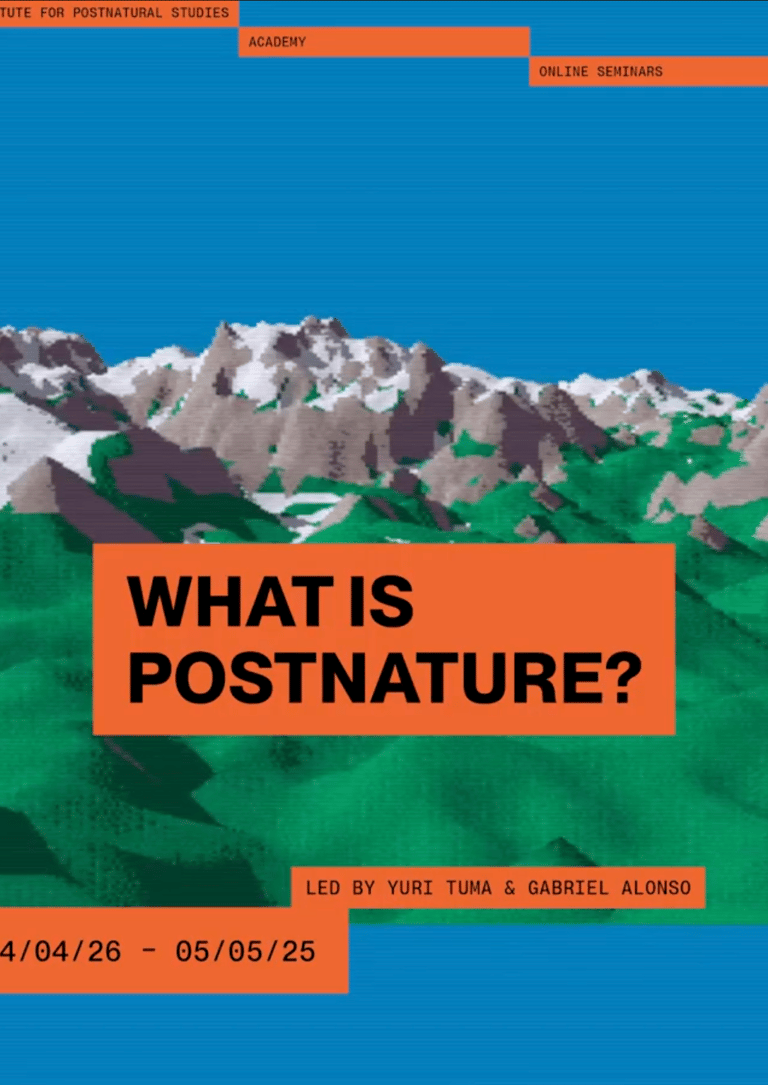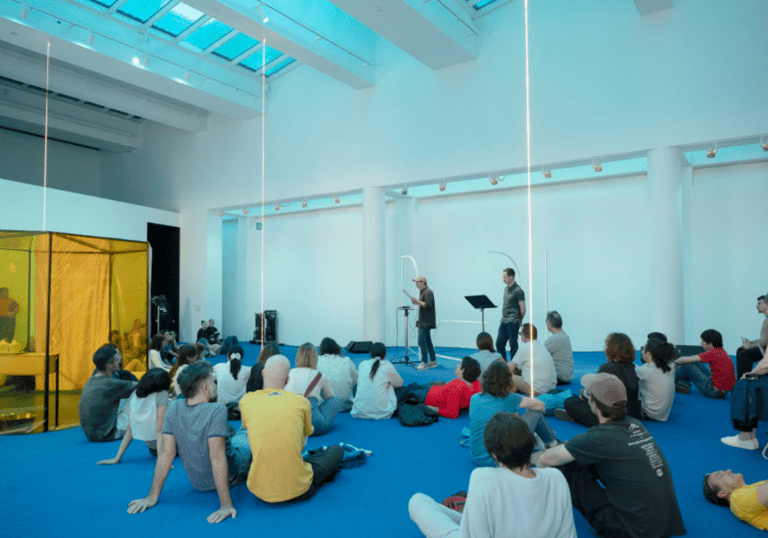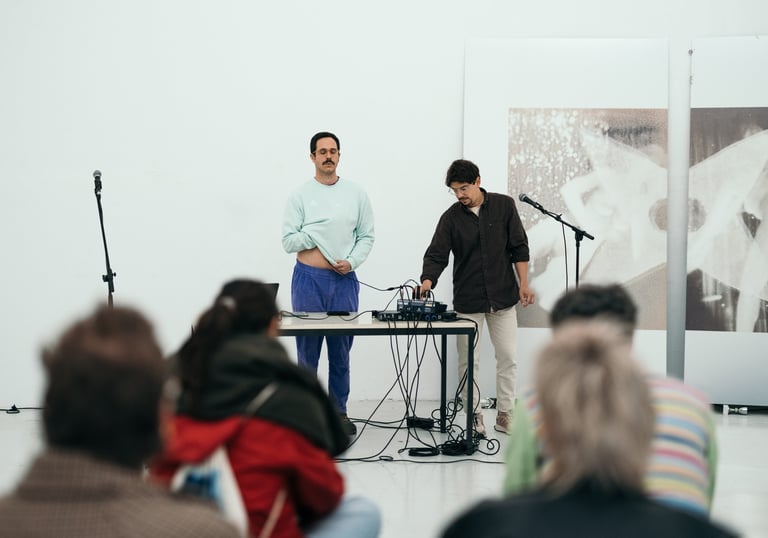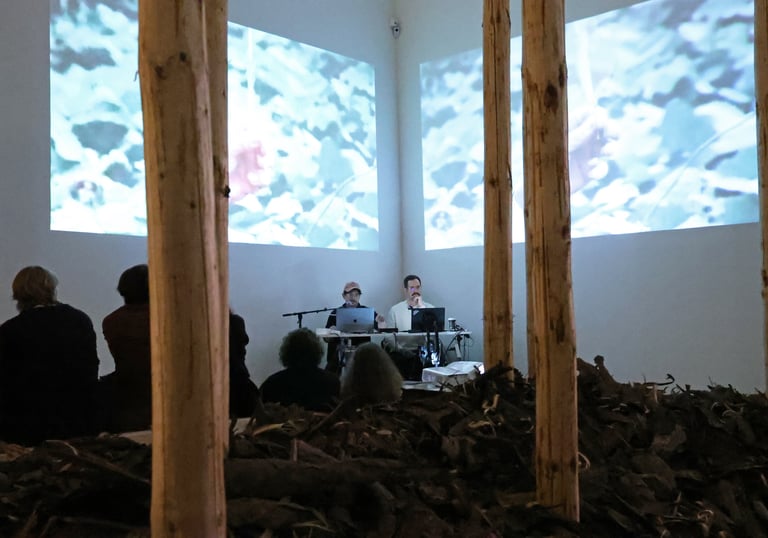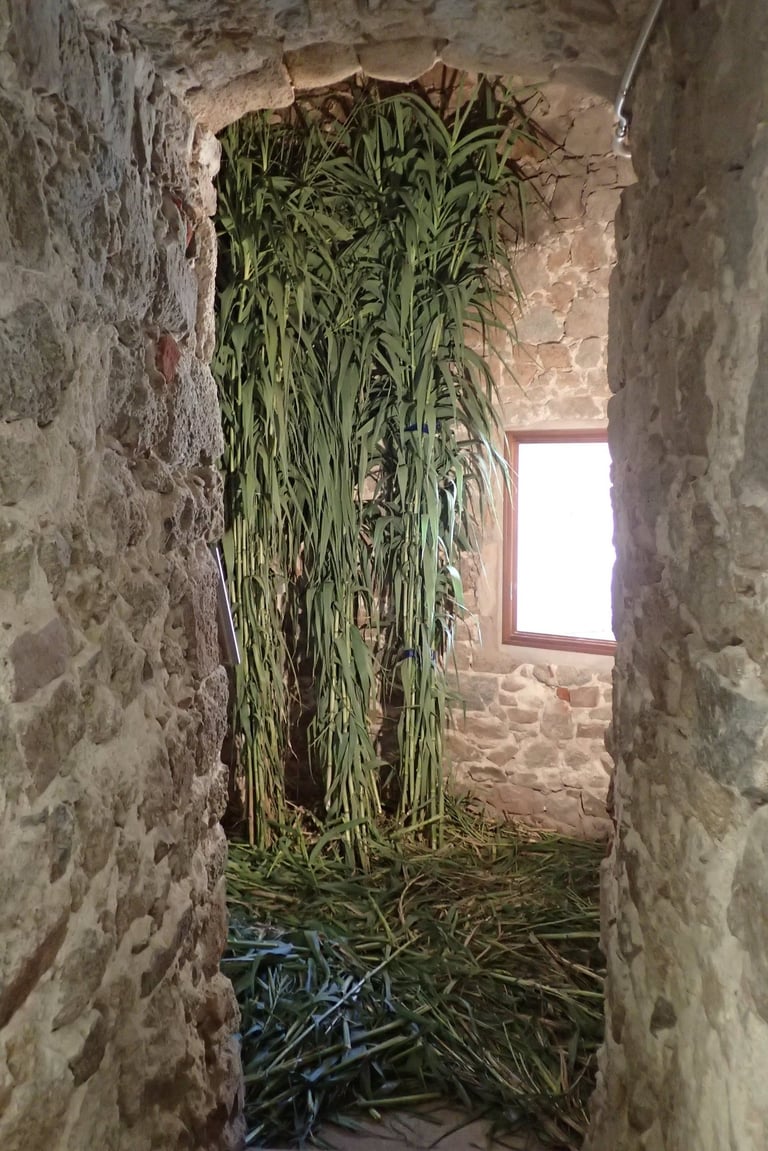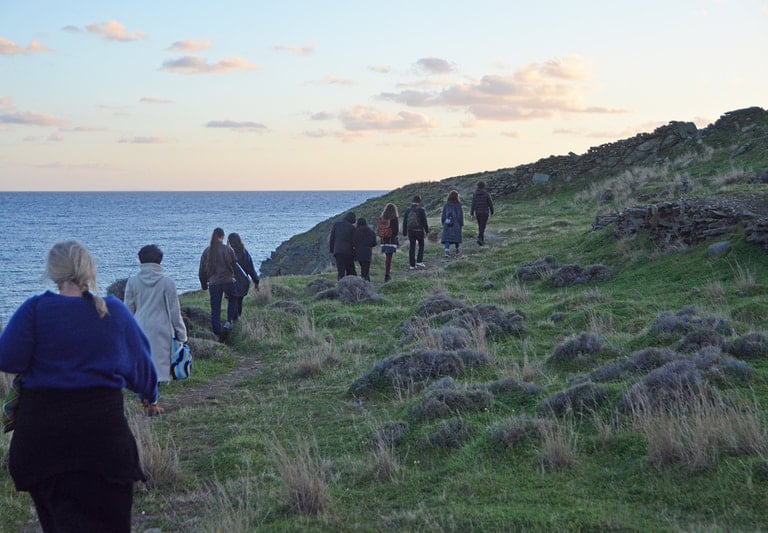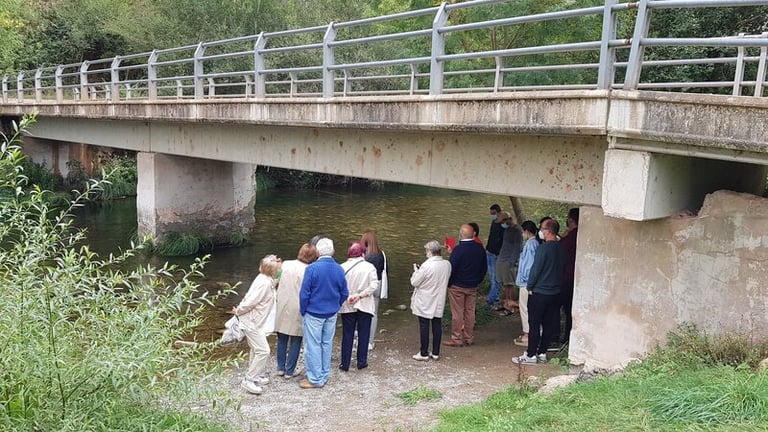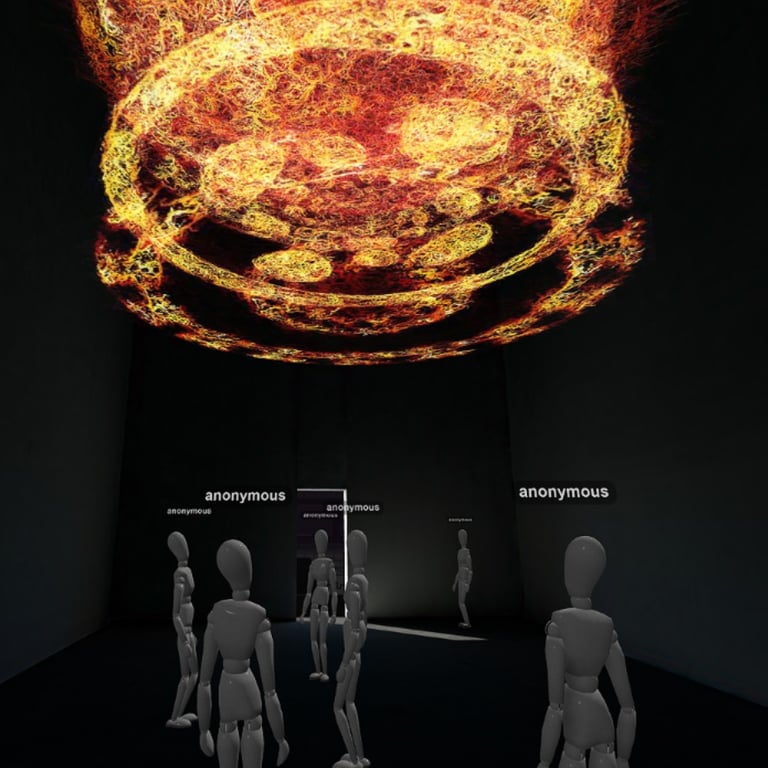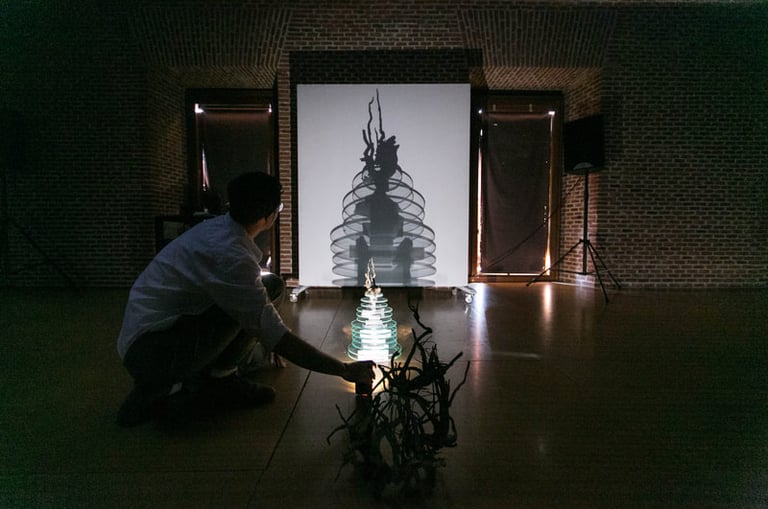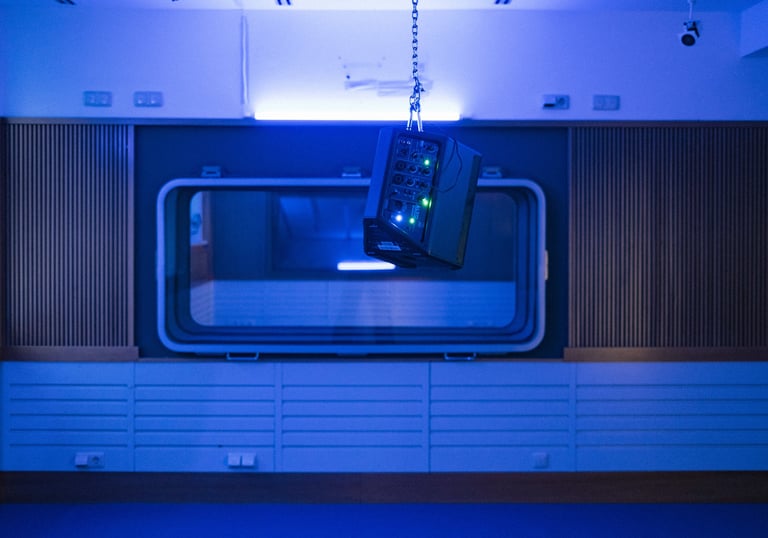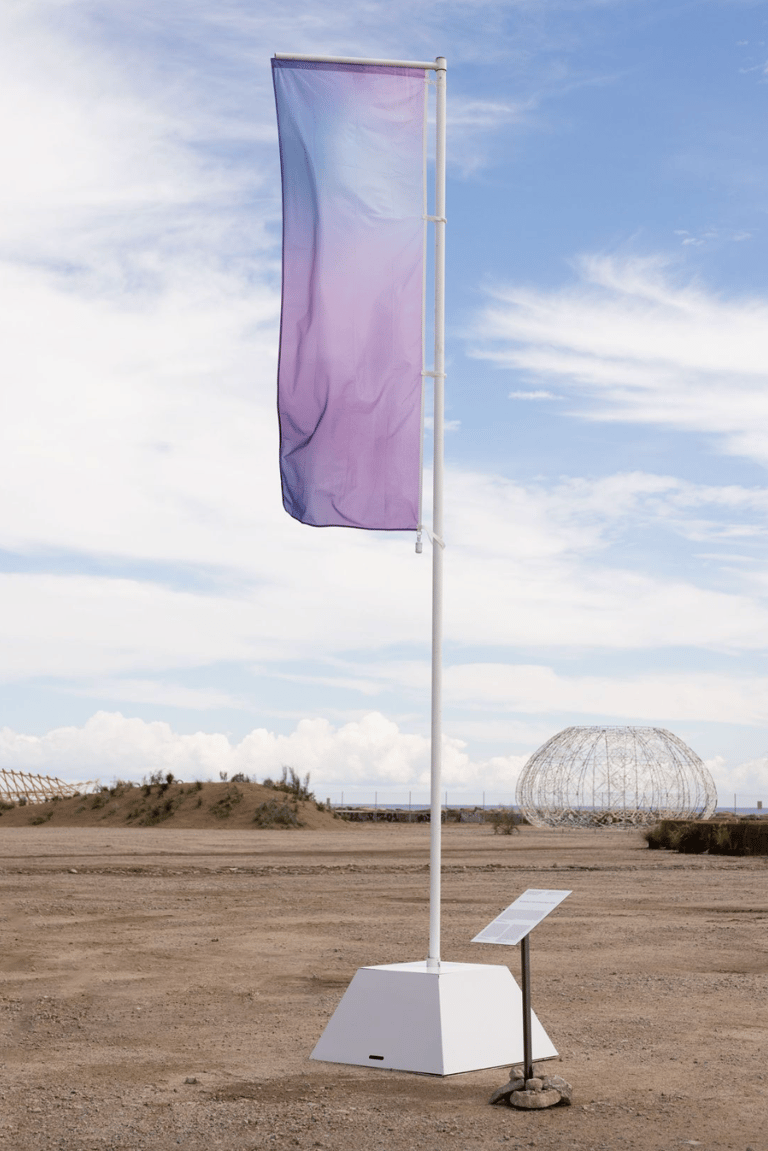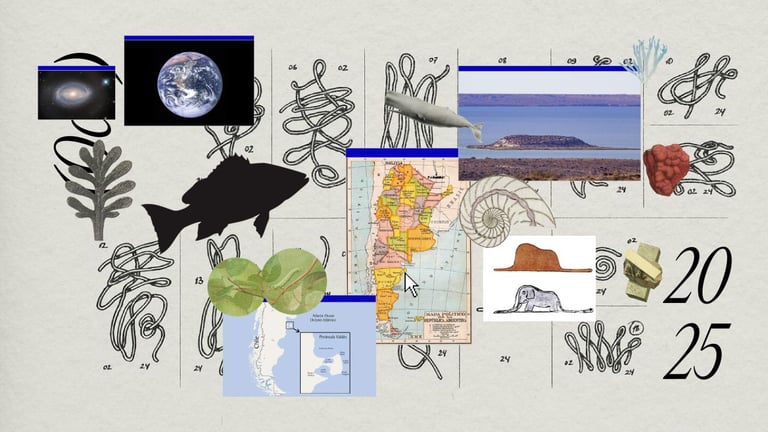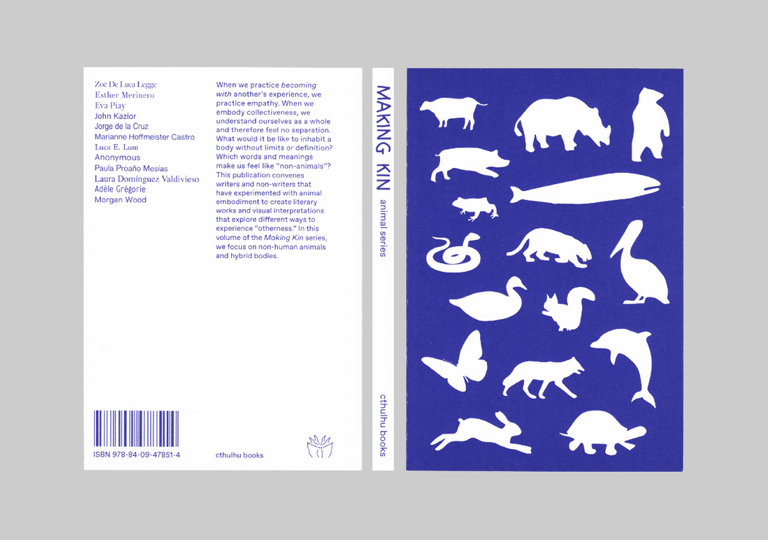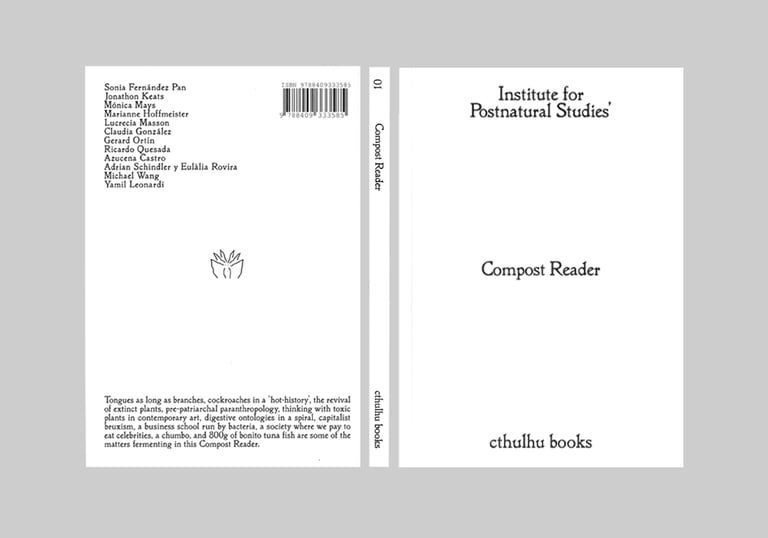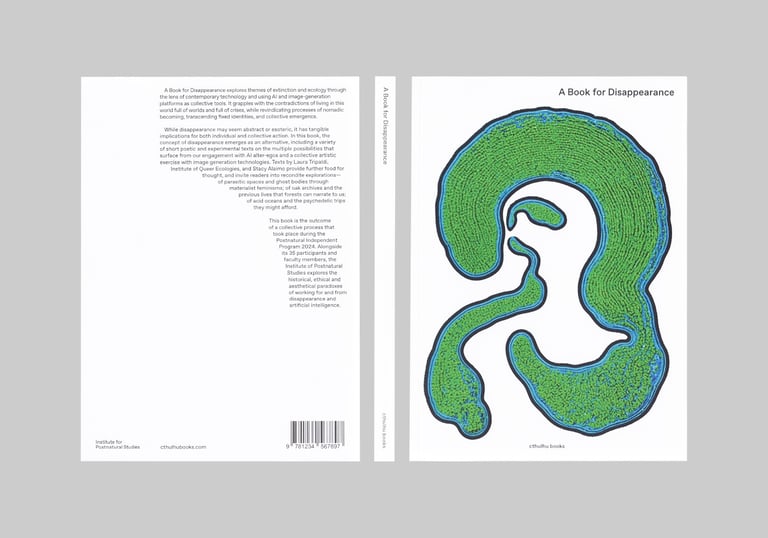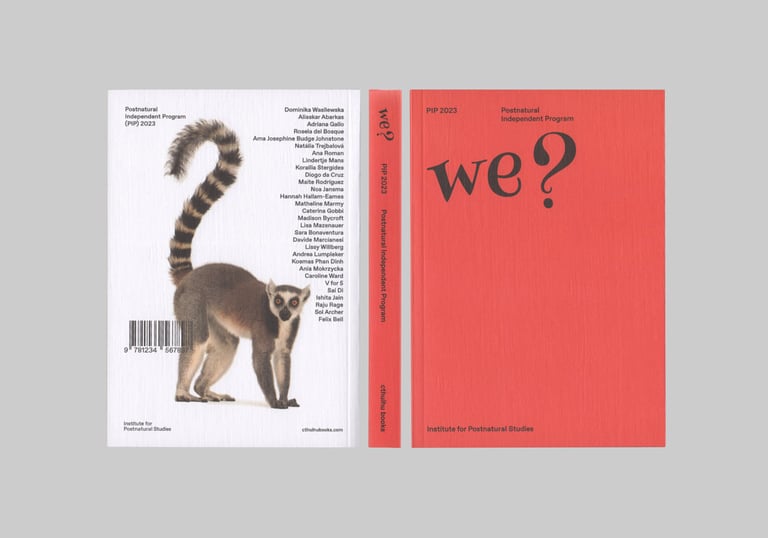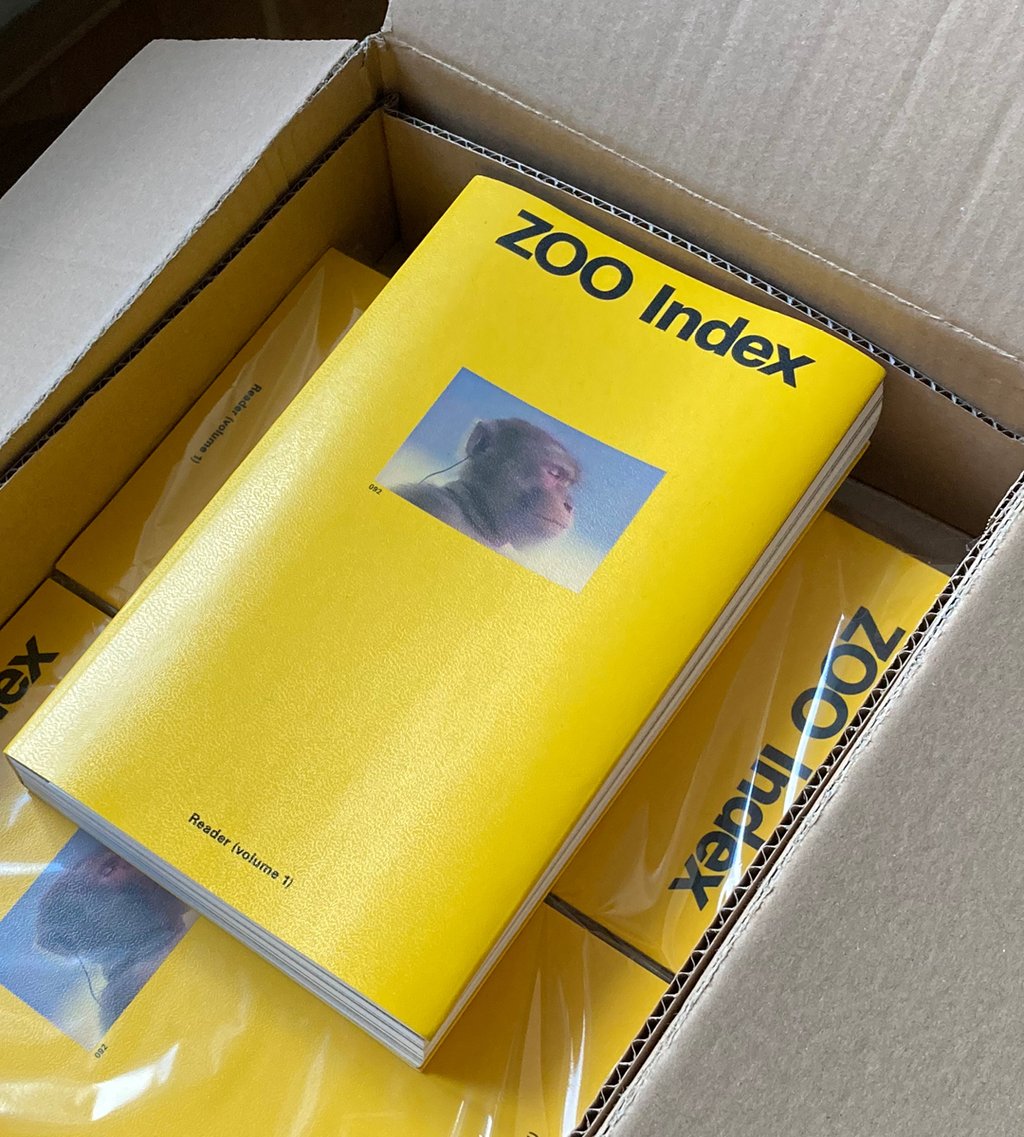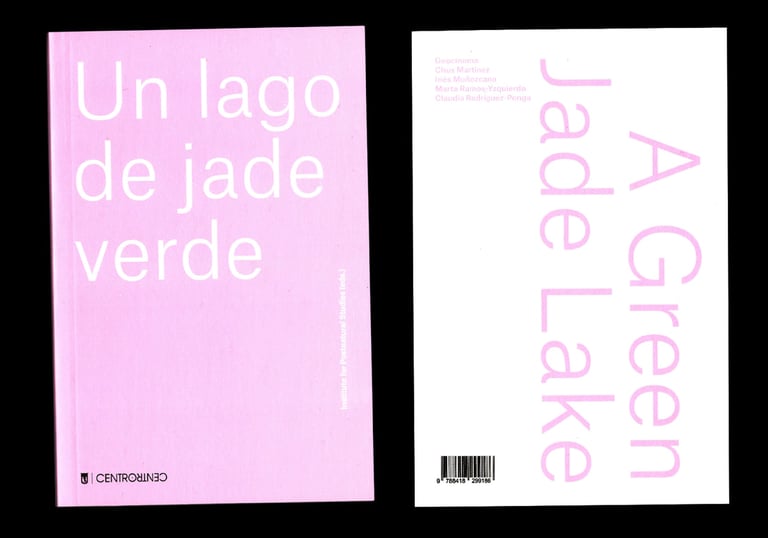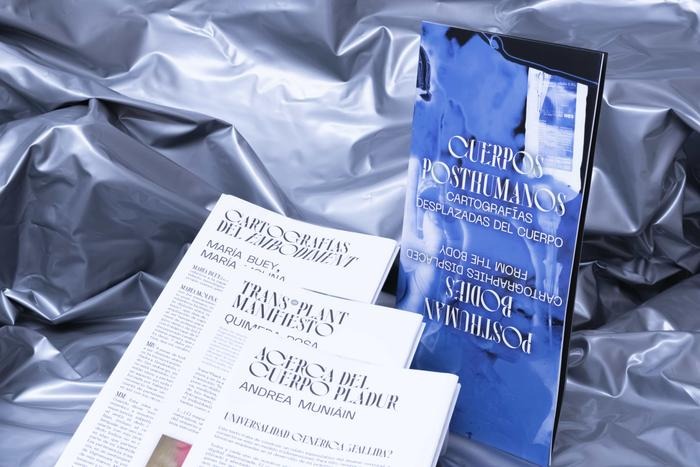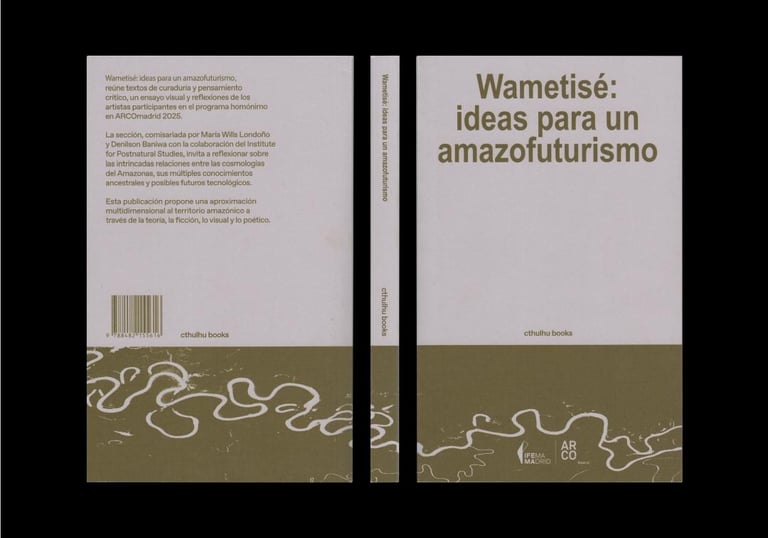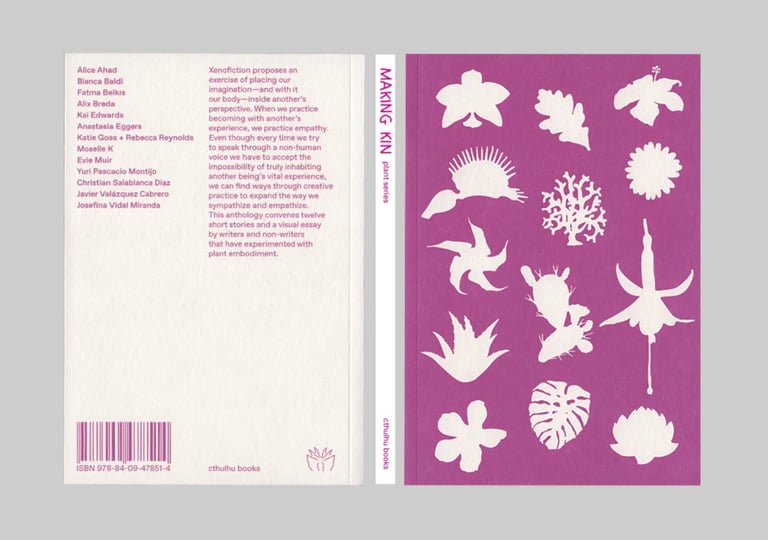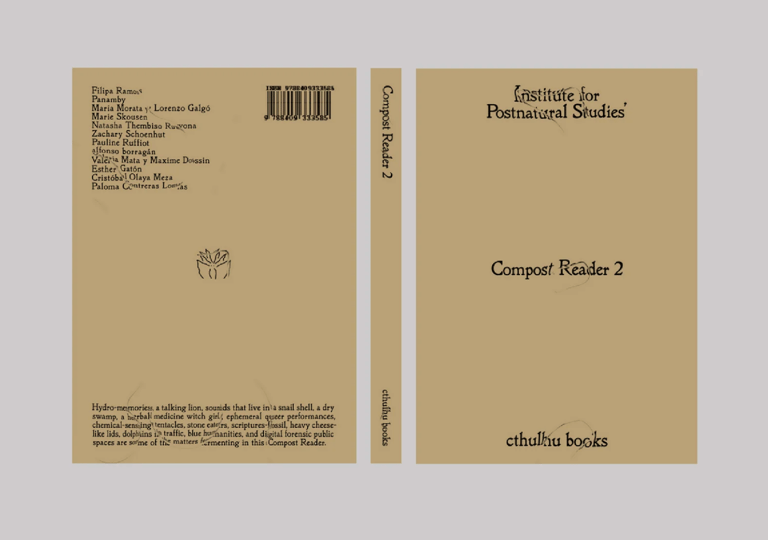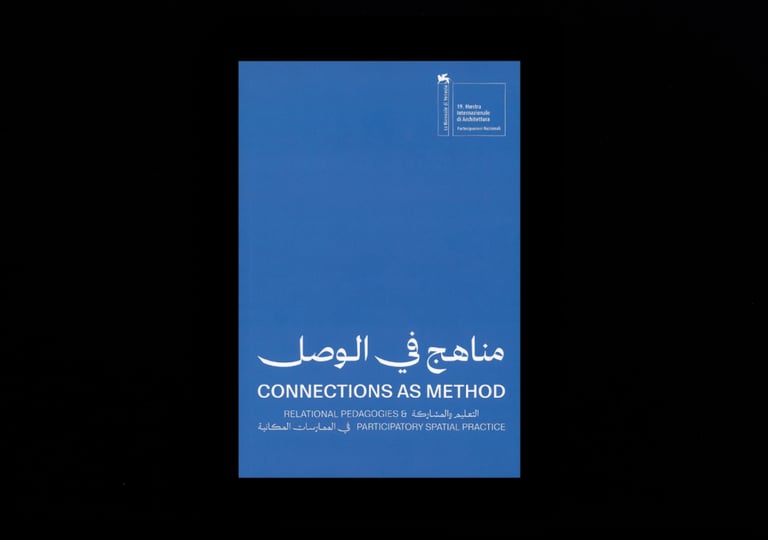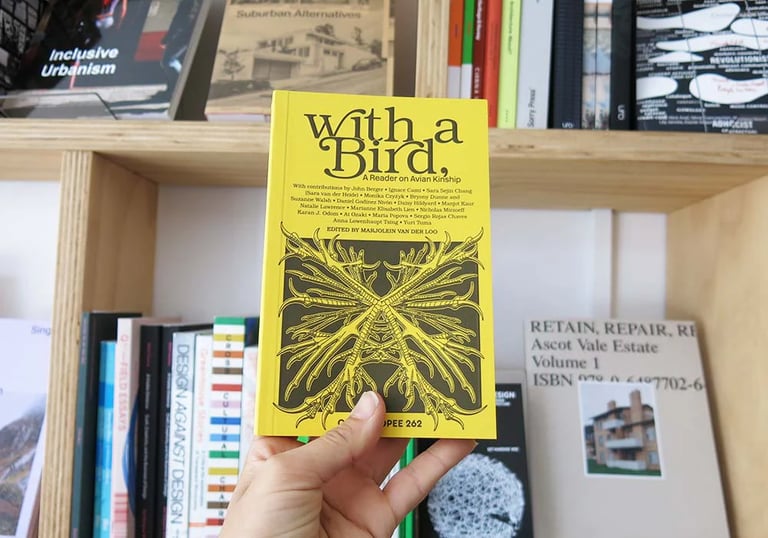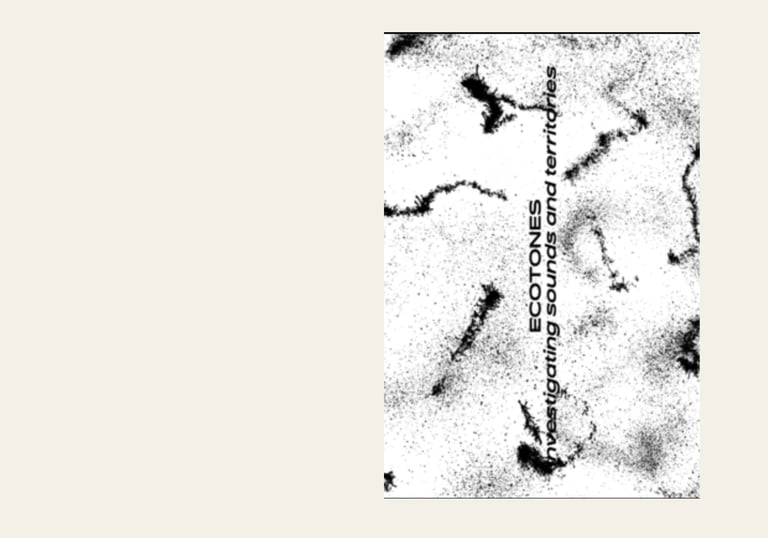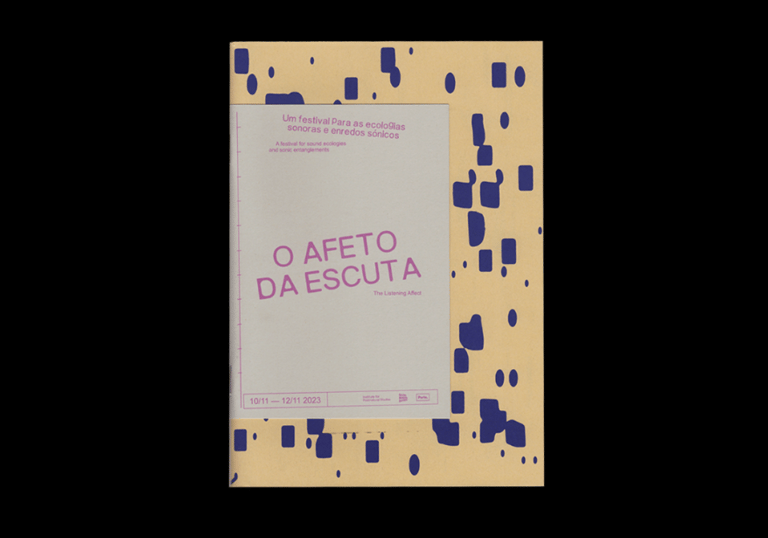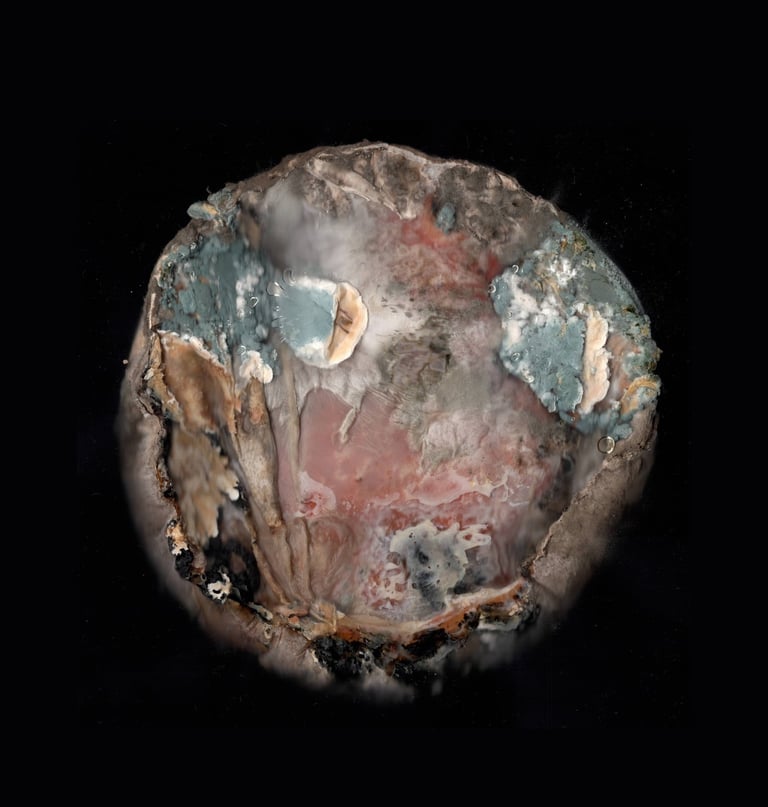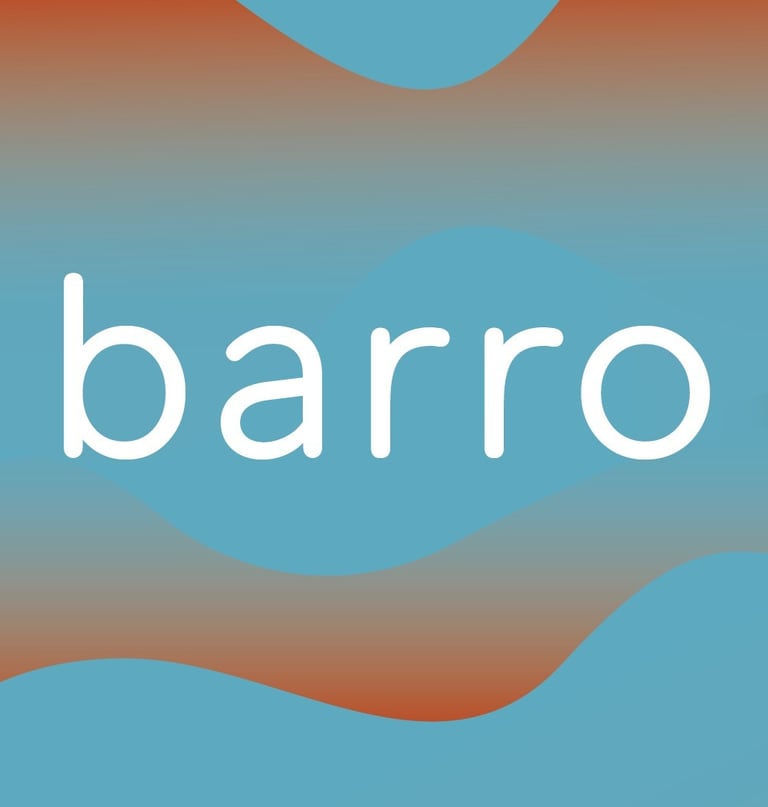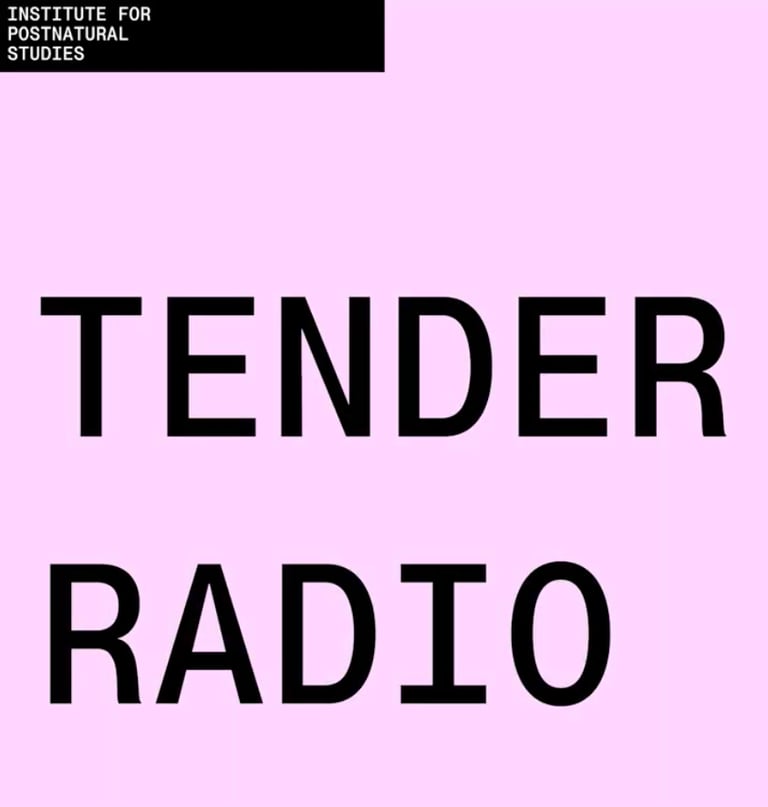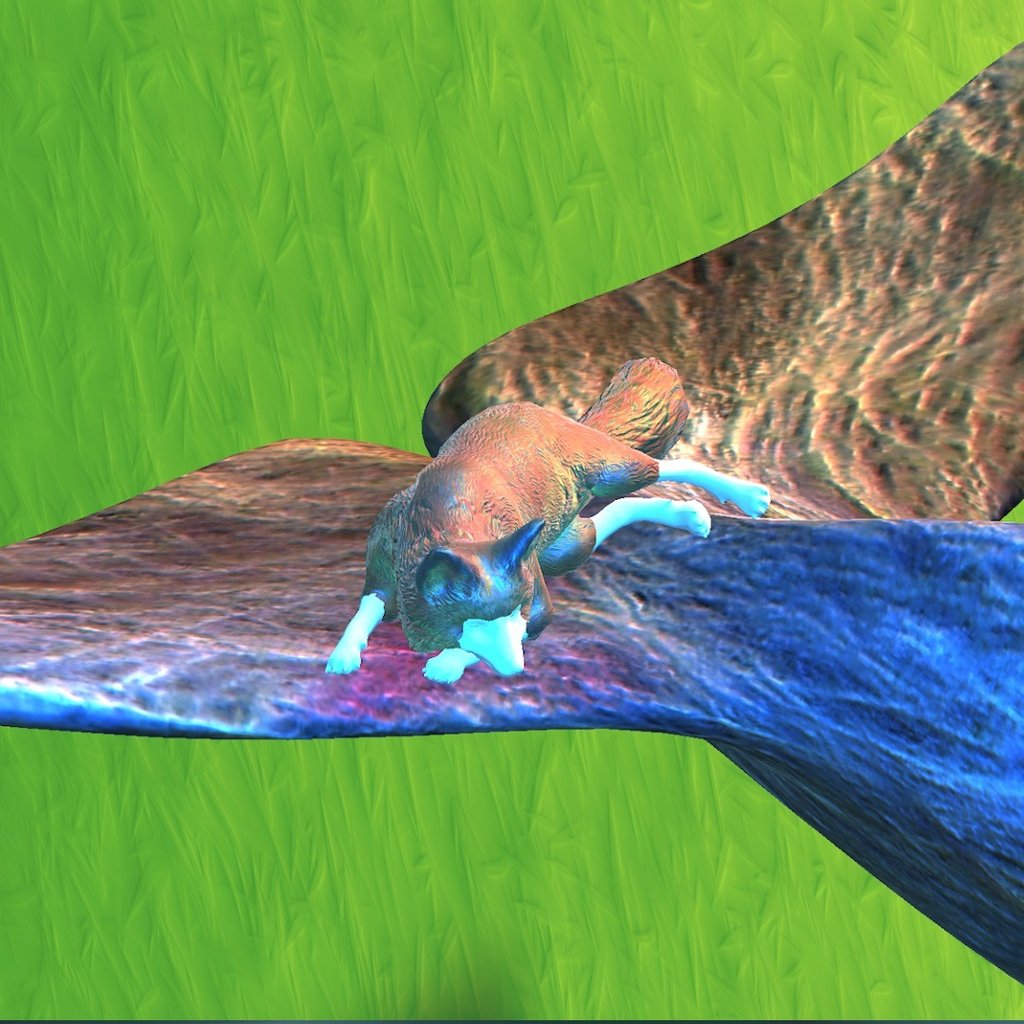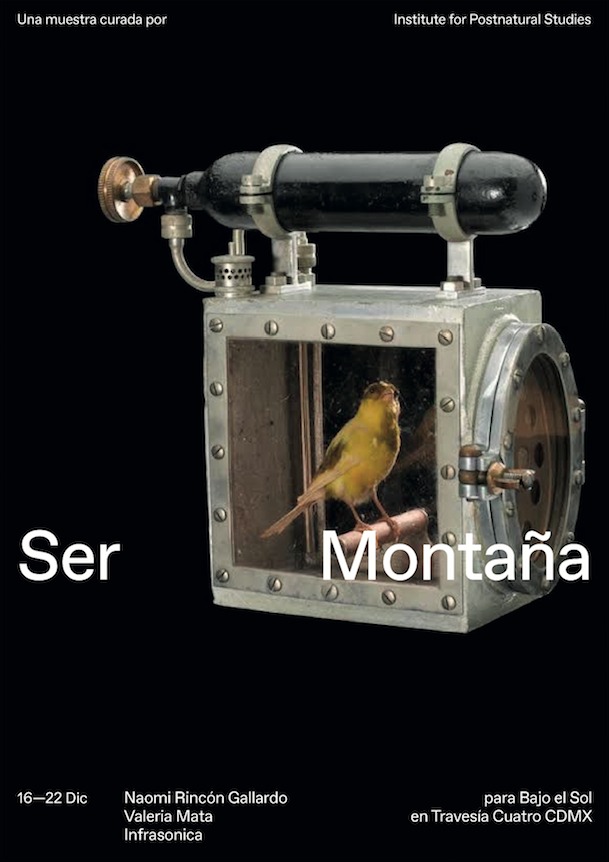MEDIATION & COLLECTIVE PRACTICE
BERLINALE TALENT TANKS
Facilitator
Berlinale Talents 2025, Berlin
INTIMATE ASSEMBLAGES : #1 Ecologies
Active Listening facilitator
Kevin Space, Vienna
DESIRABLE FUTURES, HYBRID BODIES
Facilitator w/ Institute for Postnatural Studies
Rhubaba Gallery & Studios, Edinburgh
LISTENING TO POSTNATURE
Listening facilitator
Fabrica , Treviso
PATO CUCHARA FRENTE AL SOL
Active listening mediator
Pilar Juncosa y Sotheby’s artistic education award winner - Fundación Miró Mallorca, Palma
BECOMING ASSEMBLY
Active listening facilitator
Colectivo Pláka, Porto
ECOLOGÍA SONORA
Active listening workshop facilitator
Espacio PROA21 Buenos Aires
NON-HUMAN DESIGN
Workshop facilitator w/ Institute for Postnatural Studies
Domaine de Boisbuchet, Lessac
A COLLECTIVE ROAR
Active listening g facilitator
Ponto d'Orvalho Festival, Montemor-o-Novo
ACTIVE HYDRO-LISTENING
Active listening facilitator
Manifesta 15, Barcelona
SITUATED SONIC CLIMATE FICTION
Speculative listening facilitator
Bureau for Listening, Copenhagen
DESCAMINHA: How do you Listen to the Museum?
Sound Art Workshop facilitator with Fabiana Vinagre
Museo Nacional Centro de Arte Reina Sofia, Madrid
BROADCASTING COLLECTIVE IMAGINATION
Podcast + Listening workshop facilitator at Radio Relativa
Goethe-Institut, Madrid
SOUND ECOLOGIES
Theoretical and embodied workshop facilitator
AESRLab, Vienna
TENTACULAR: Descentrando las prácticas proyectuales
Facilitator w/ Institute for Postnatural Studies
Núcleo FAIR, Santiago de Chile
BUILT/UNBUILT: Relational Pedagogies & Participatory Spatial Practice
Facilitator w/ Institute for Postnatural Studies
Saudi Pavilion, La Biennale di Venezia 2025
BERLINALE TALENT TANKS
Facilitator
Berlinale Talents 2024, Berlin
KNOWLEDGE SHARING PROGRAMS
CYBERWITCHES and Feminist Technologies
Co-coordinator w/ Carmen Lael Hines
Institute for Postnatural Studies
POSTNATURAL INDEPENDENT PROGRAM 23/24/25/26
Ongoing academic co-director and faculty
Institute for Postnatural Studies
MUTABILITY & MUTUALISM Vol. I and II
Co-coordinator and faculty
Inst. for Postnatural Studies & Institute of Queer Ecology
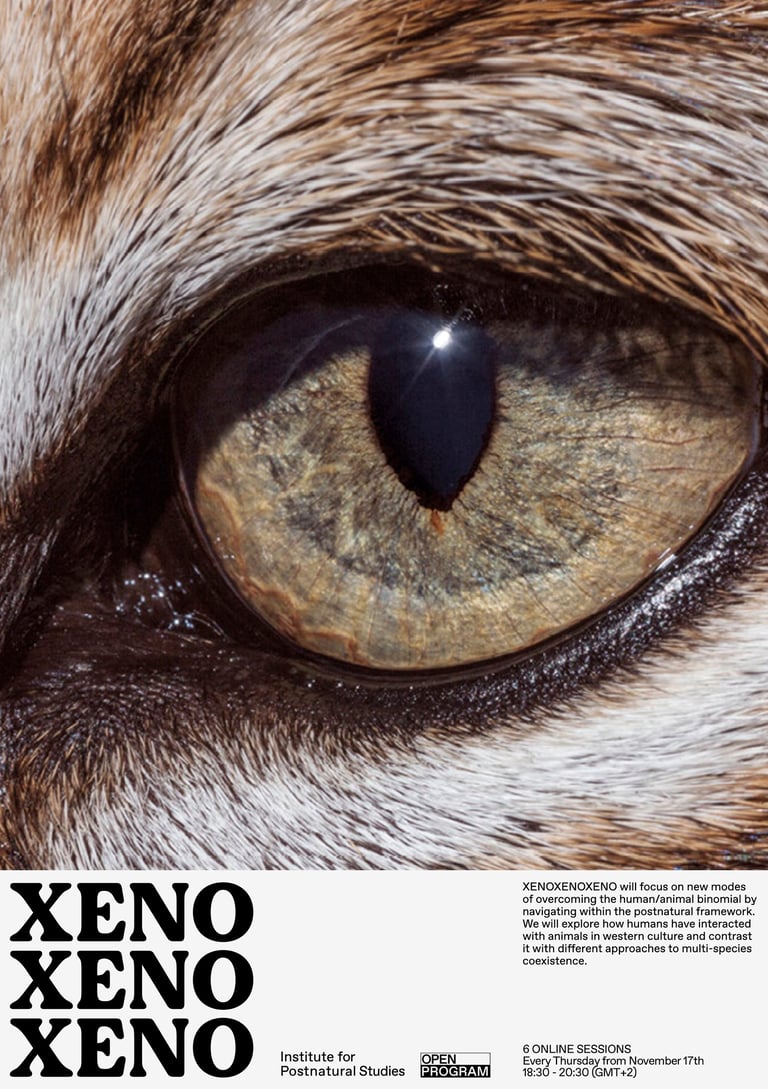

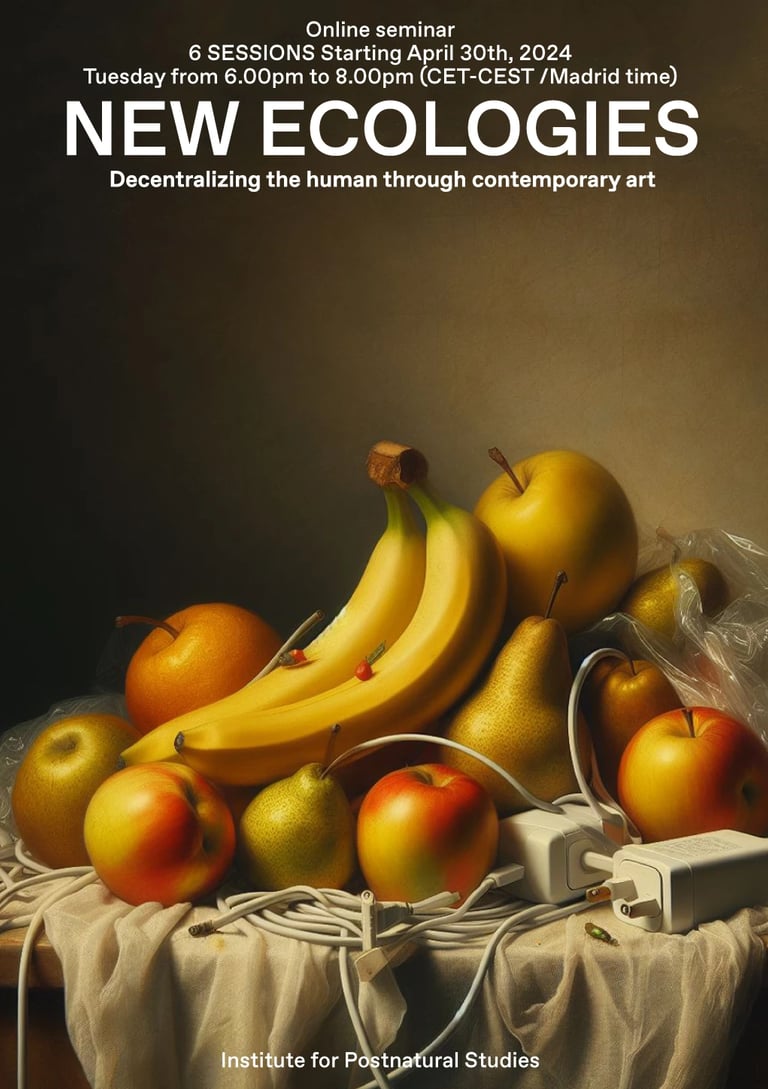

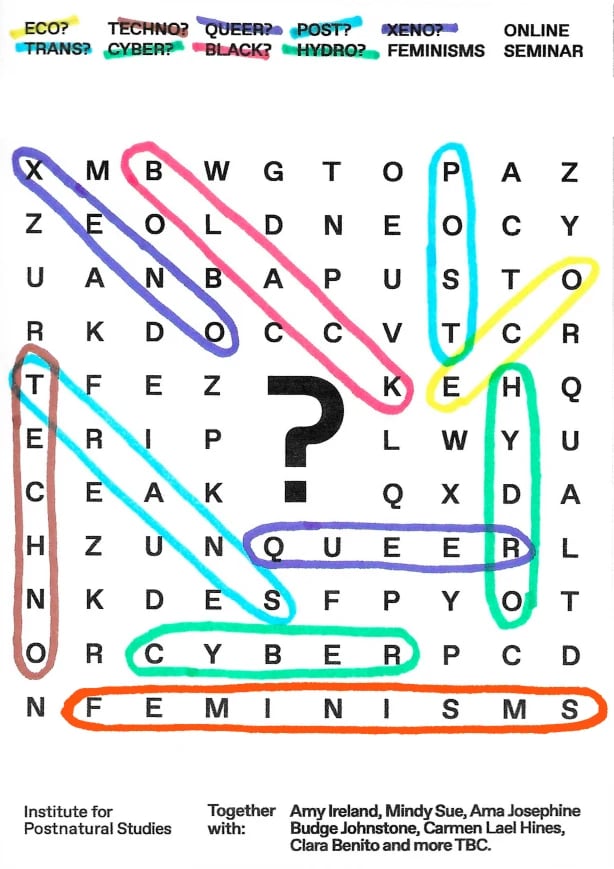

XENOXENOXENO
Producer & faculty
Institute for Postnatural Studies
WHAT IS POSTNATURE?
Faculty
Institute for Postnatural Studies
ECO? TRANS? TECHNO? CYBER? QUEER? BLACK? HYDRO? XENO? FEMINISMS
Co-coordinator w/ Clara Benito
Institute for Postnatural Studies
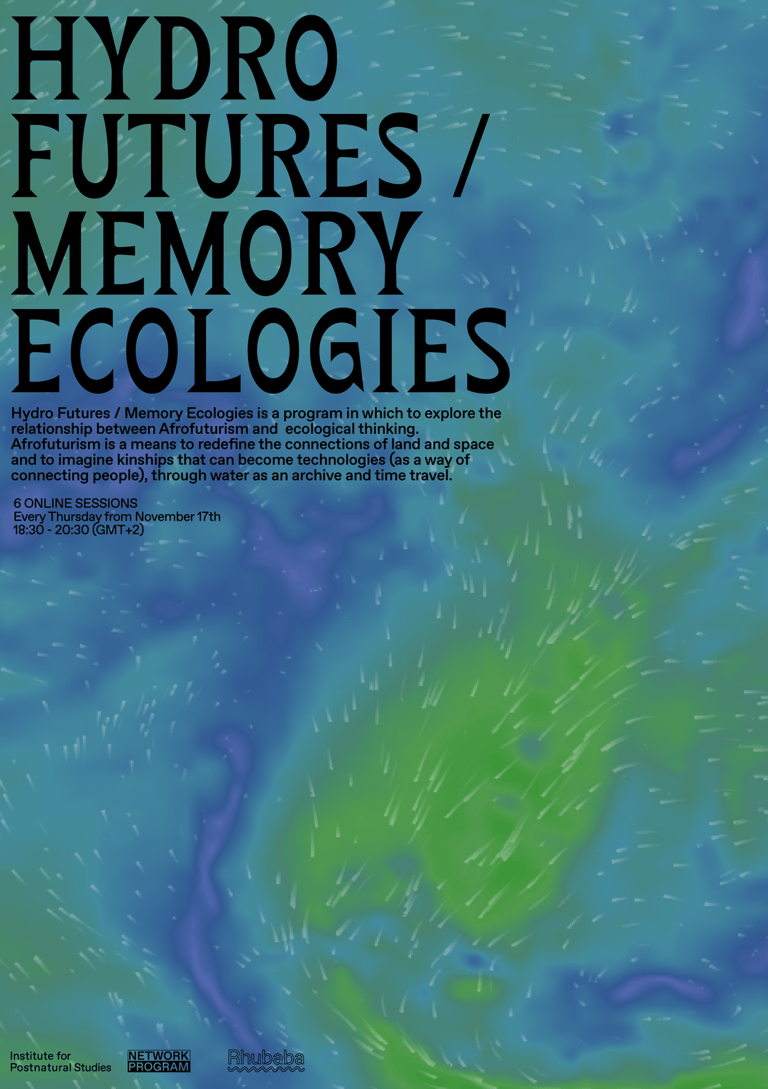

HYDRO FUTURES / MEMORY ECOLOGIES
Co-coordinator
Institute for Postnatural Studies with Rhubaba Gallery & Studios
SOUND ECOLOGIES
Producer and faculty
Institute for Postnatural Studies
NEW ECOLOGIES
Guest faculty
Institute for Postnatural Studies
SOUND ART & PERFORMANCE
TIDAL TONES: Frequencies of War and Wellness
Sound Installation w the Institute for Postnatural Studies
Never At Home, Vienna
A TWITTERING SOUND FROM A CRHYSALIS
Performance lecture w the Institute for Postnatural Studies
Croatian Association of Fine Artists
CRIPSIS
Performance lecture w the Institute for Postnatural Studies
MACBA
THE CANE, THE SEAGULL, THE CORK, POSEIDONA AND THE CAT
Sound installation
National Museum of Tossa del Mar, Spain
SYMPHONY OF THE ARTIFICIAL REEF
Public Sound Art Installation w the Institute for Postnatural Studies and Juan Pablo Pacheco Bejarano
Manifesta 15 - Barcelona
THOMÁS PÉFKKAS, SHE HAD NO NAME
Soundwalk and sculpture garden
Kinono Art Gathering Residency, Tinos, Greece
NO SON OTRA COSA QUE TOCARSE EL UNO AL OTRO
Sound installation
BAÑARTE Residency Program
NEW SUN
Digital Sound installation
Cryptovoxels multiverse
SOBRE FONDO BLANCO
Performance
Centro de Cultura Contemporánea Conde Duque
METAPHYSICS OF MIXTURE
Performance lecture w the Institute for Postnatural Studies
Akademie der bildenden Künste Wien
CETÁCEA RESIDENCY 2025
Listening Research
SIn Destino Aparente, Puerto Piramides, Argentina
PUBLISHING
A BOOK FOR DISAPPEARANCE
Co-editor
cthulhu books
COMPOST READER Vol. I
Series co-editor
cthulhu books
MAKING KIN: ANIMAL SERIES
Series co-editor
cthulhu books
THE LISTENING AFFECT
Editor w/ Institute for Postnatural Studies
Contemporary Art Department of Ágora
ZOO INDEX
Contributor w/ Institute for Postnatural Studies
edited by Terezie Štindlová & Jacob Lindgren
WE?
Co-editor
cthulhu books
A GREEN JADE LAKE
Co-editor w/ Institute for Postnatural Studies
CentroCentro
ATLAS MENOR #02 POSTHUMAN BODIES
Co-editor w/ Institute for Postnatural Studies
Bartlebooth
WITH A BIRD: A Reader on Avian Kinship
Sonic Climate Fiction contributor
Onomatopee
ECOTONES: Investigating Sounds and Territories
Sonic Climate Fiction contributor
Spector Books - Kultur l lx – Arts Council Luxembourg
WAMETISÉ: Ideas for an Amazonfuturism
Editorial Coordinator
cthulhu books with ARCO Madrid
MAKING KIN: PLANT SERIES
Series co-editor
cthulhu books
COMPOST READER VOL.II
Series co-editor
cthulhu books
CONNECTIONS AS METHOD
Contributor w/ the Institute for Postnatural Studies
Mousse Publishing
RADIO
SPECULATIVE INTERVIEWS Vol. I & II & III
Coordinator and interviewer
LCE Radio w the Institute for Postnatural Studies
BARRO
Co-producer
Museo de Arte Reina Sofia, Daniel & Nina Carasso Foundation and hablarenarte
TENDER RADIO
Co-producer
Radio Relativa w the Institute for Postnatural Studies
LAND OF AHHNSGRWRH
Radiophonic art
Movement Radio - ONASSIS STEGI
CULTURAL PROGRAMMING
THE LISTENING AFFECT
Sound Art Festival co-curator/coordinator
Institute for Postnatural Studies w Galeria Municipal do Porto
© 2024. All rights reserved.
SER MONTAÑA
Exhibition co-curator
Institute for Postnatural Studies w Tavesía Cuatro CDMX Gallery
A GREEN JADE LAKE
Public Program co-curator/coordinator
Institute for Postnatural Studies for CentroCentro

